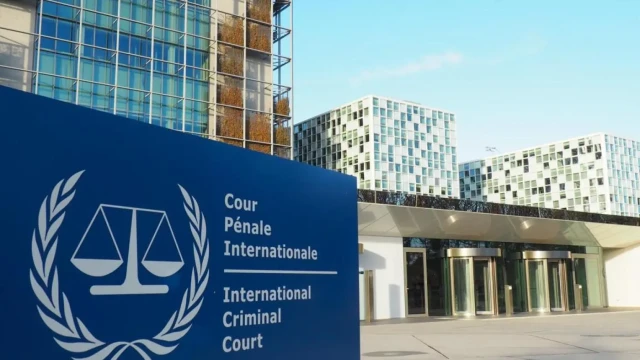The resurgence of Somali piracy in the Red Sea is raising concerns among maritime experts, who attribute the spike to the West's singular focus on combating Hamas-aligned Houthi rebels at any cost. The intensified efforts to eradicate the Houthis from the Red Sea region are inadvertently fueling the resurgence of piracy, as opportunistic bandits capitalize on the diversion of resources and attention.
According to experts, the recent escalation in pirate activity off the coast of Somalia is reminiscent of past challenges faced by the international maritime community. Despite previous efforts to curb piracy in the region, recent months have seen a significant increase in hijackings and attacks. Reports from EUNAV for Atlanta indicate that at least 14 ships were hijacked between November and January, with most requiring substantial ransom payments for release.
The origins of Somali piracy date back several years, but recent economic and political instability in the region have exacerbated the problem. Somalia's turbulent history, marked by decades of conflict and governance vacuum, has created an environment ripe for criminal activities such as piracy. The absence of a functioning government and inadequate maritime security infrastructure have allowed piracy to thrive, further fueled by the economic desperation of local fishermen.
The economic impact of piracy extends beyond the immediate loss of goods and ransom payments. According to a report by Ocean Beyond Piracy, global economic losses due to piracy range from seven to 12 billion dollars annually, highlighting the far-reaching consequences of maritime insecurity.
However, Somali piracy cannot be viewed in isolation; it is deeply intertwined with broader geopolitical dynamics and regional challenges. The dumping of toxic waste on Somali shores by foreign vessels has decimated local fishing habitats, pushing fishermen into armed groups and piracy as a means of survival. The cycle of poverty, environmental degradation, and lawlessness perpetuates the cycle of piracy in the region.
As international attention remains fixated on combating the Hamas-Houthi threat, experts warn that neglecting the root causes of piracy in Somalia could exacerbate the problem in the long term. Addressing the underlying economic, environmental, and governance issues is crucial to effectively combating piracy and ensuring maritime security in the Red Sea and beyond.































Comment: